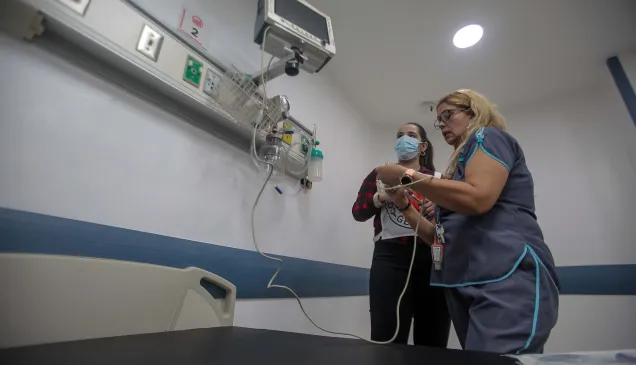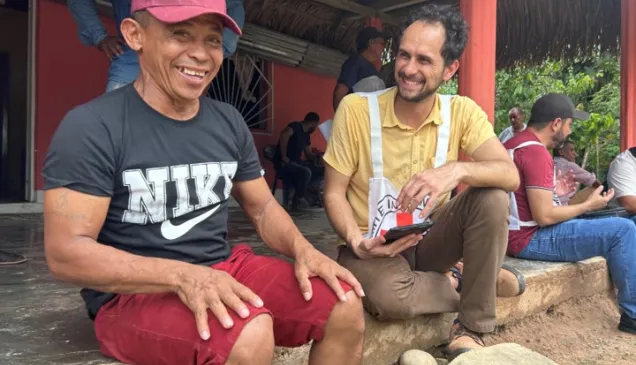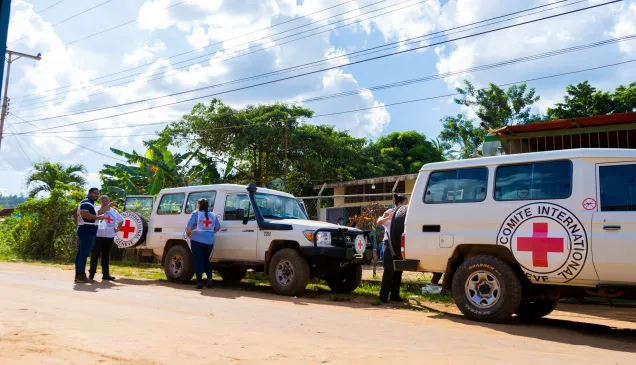Highlights of the ICRC’s activities in Venezuela and the Caribbean in 2024
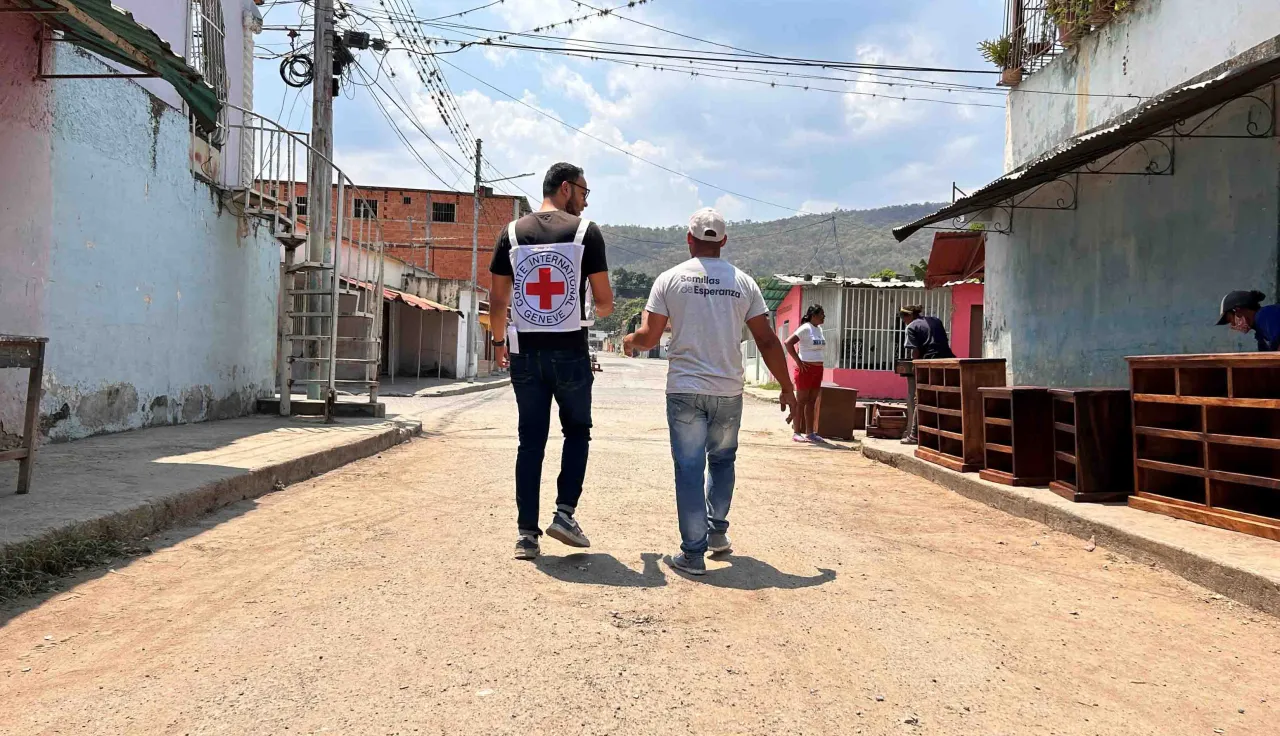
In 2024, the International Committee of the Red Cross (ICRC) continued to carry out neutral, impartial and independent humanitarian work to meet the needs of the most vulnerable people in Venezuela. In collaboration with the Venezuelan Red Cross, the International Federation of Red Cross and Red Crescent Societies and public and private sector partners, we supported 265,000 people in the states of Apure, Aragua, Bolívar, Miranda, Táchira and Zulia.
In the Caribbean, in particular Cuba, the Dominican Republic and Trinidad and Tobago, we continue to work closely with the authorities and the National Red Cross Societies there to promote international humanitarian law (IHL) and increase the presence of the International Red Cross and Red Crescent Movement in the region, thereby helping to protect the most vulnerable.
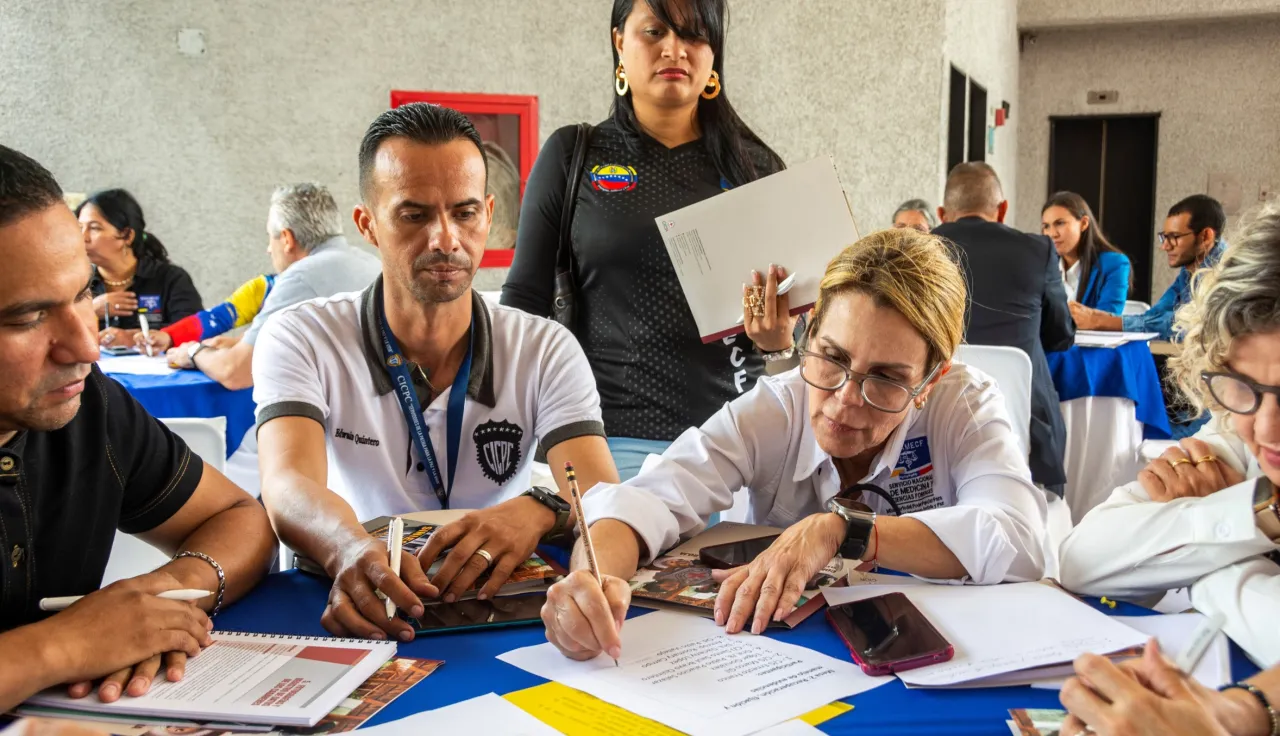
These are some of the highlights of our humanitarian action during 2024:
In 2024, our Community Contact Centre was contacted 1,219 times, which enabled us to better understand the needs of affected communities and adapt our humanitarian action to provide a more effective response.
You can contact us by phone on 58 424 172 13 64 or 58 412 636 50 15, or send us an email at centrocontactoVE@icrc.org.
Our office hours are Monday to Friday, from 8am to 12pm and from 1pm to 5pm.

